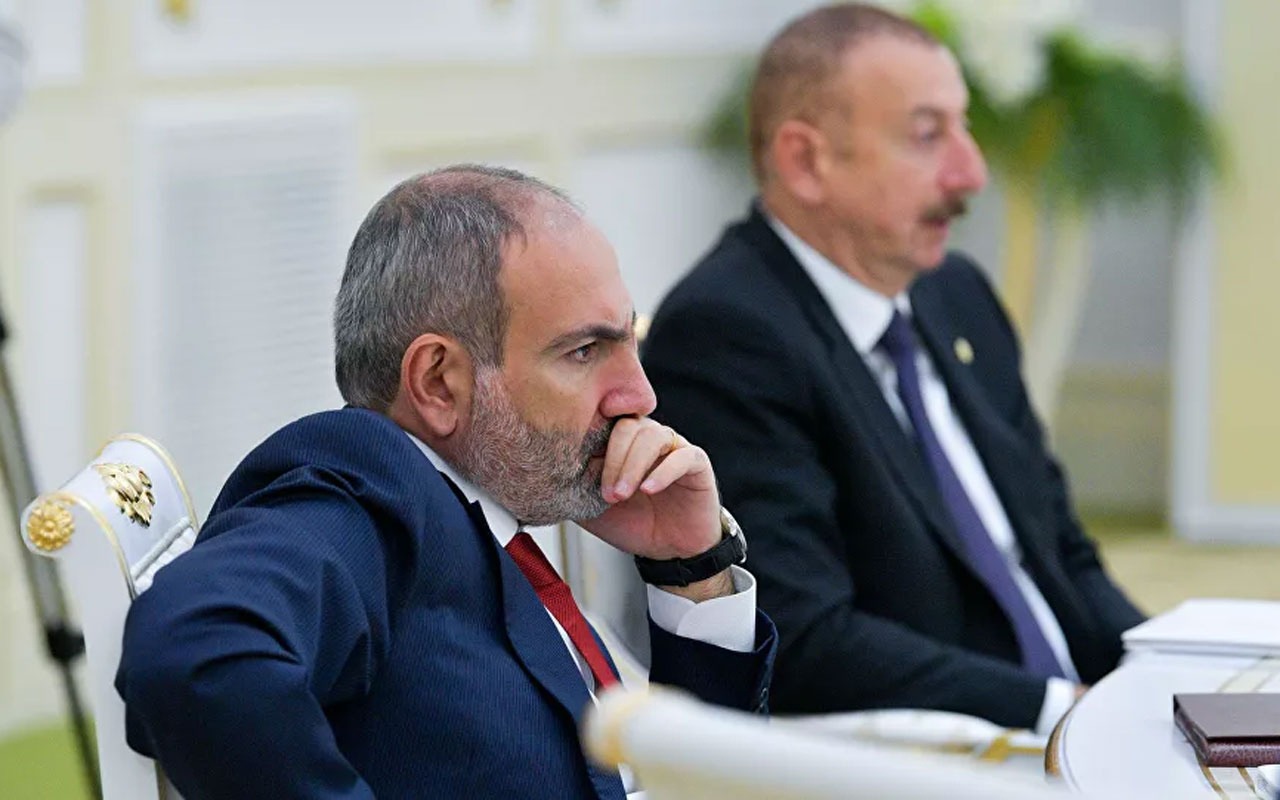Javad Pasandideh told the Strategic Council on Foreign Relations that Iran’s traditional policy after the collapse of the Soviet Union in connection with conflicts between Armenia and Azerbaijan Republic has been a policy of neutrality and Iran has acted as a mediator to resolve the disputes.
He said in the current situation, the idea that Armenia and the Republic of Azerbaijan will achieve a lasting peace is very optimistic because this conflict has historical roots and goes back to ethnic, racial and religious conflicts in the past.
Emphasizing the necessity of maintaining the balance of power in the south Caucasus region, he said the issues of the Caucasus should be certainly seen as trans-regional, although more than 30 years have passed since the independence of the countries of the region, it still cannot be said that they are completely independent actors in their foreign policy. In this situation, how the trans-regional actors play a role is very important.
Referring to Iran’s full membership in the Shanghai Cooperation Organization and the priority of the policy of “Easternism”, Pasandideh said these policies seem to be pushing Armenia to try to strengthen its base to some extent by relying on Iran, Russia, and non-Turkish-speaking Central Asian countries such as Tajikistan. Of course, in this situation, Pakistan has been added to the list of Turkey, the Republic of Azerbaijan and the Zionist regime as a new and somewhat worrying actor.
He said developments in Afghanistan are very important in analyzing the status quo. He added that increasing Pakistan’s influence in Afghanistan will somehow upset the balance of power in the South Caucasus to the detriment of Armenia. In addition, Russia appears to have reduced its support for Armenia due to economic issues.
He said the continued presence of Takfiri forces in the region is Iran’s redline, adding that “Security on the northern borders is a significant issue for Iran; According to reports, during the Karabakh war, Turkey sent a group of terrorists active in Syria to that region, and even in areas inhabited by Armenians, it sought to establish a region called “Red Kurdistan.” In the current situation, Turkey seeks to create a new situation with the aim of increasing its regional power”.
Emphasizing the sensitivity of the recent developments in south Caucasus and the necessity of attention by regional powers to the outcome of their measures, he said if, with the imbalance of power in the region, issues proceed in a competitive manner among the actors, with every misunderstanding and miscalculation, the region may experience great tensions and even lead to a military confrontation.
Referring to the opposition of Iran and Russia with any geopolitical change in the region and the necessity of maintaining border lines, he said changing political geography is directly related to war and conflict in the region, and not only in this region, but even in the most peaceful regions of the world. Therefore, Iran and Russia must maintain their convergence in continuous negotiations with each other in order to ensure that their views on examples of geopolitical changes in the region are harmonized while ensuring the preservation of the border lines.
Pasandideh stressed the necessity of attention of the Caucasus countries to good neighborliness and potential of transit routes, saying “given the need to maintain the balance of power in the region, Russia should play a key role as a mediator in this tension, so that minor disputes over transit and trade and customs issues do not lead to wider issues and contrary to what happened in the last Karabakh war, Russia will not be surprised by the developments that are taking place”.










0 Comments